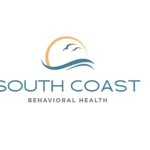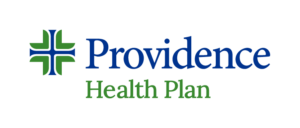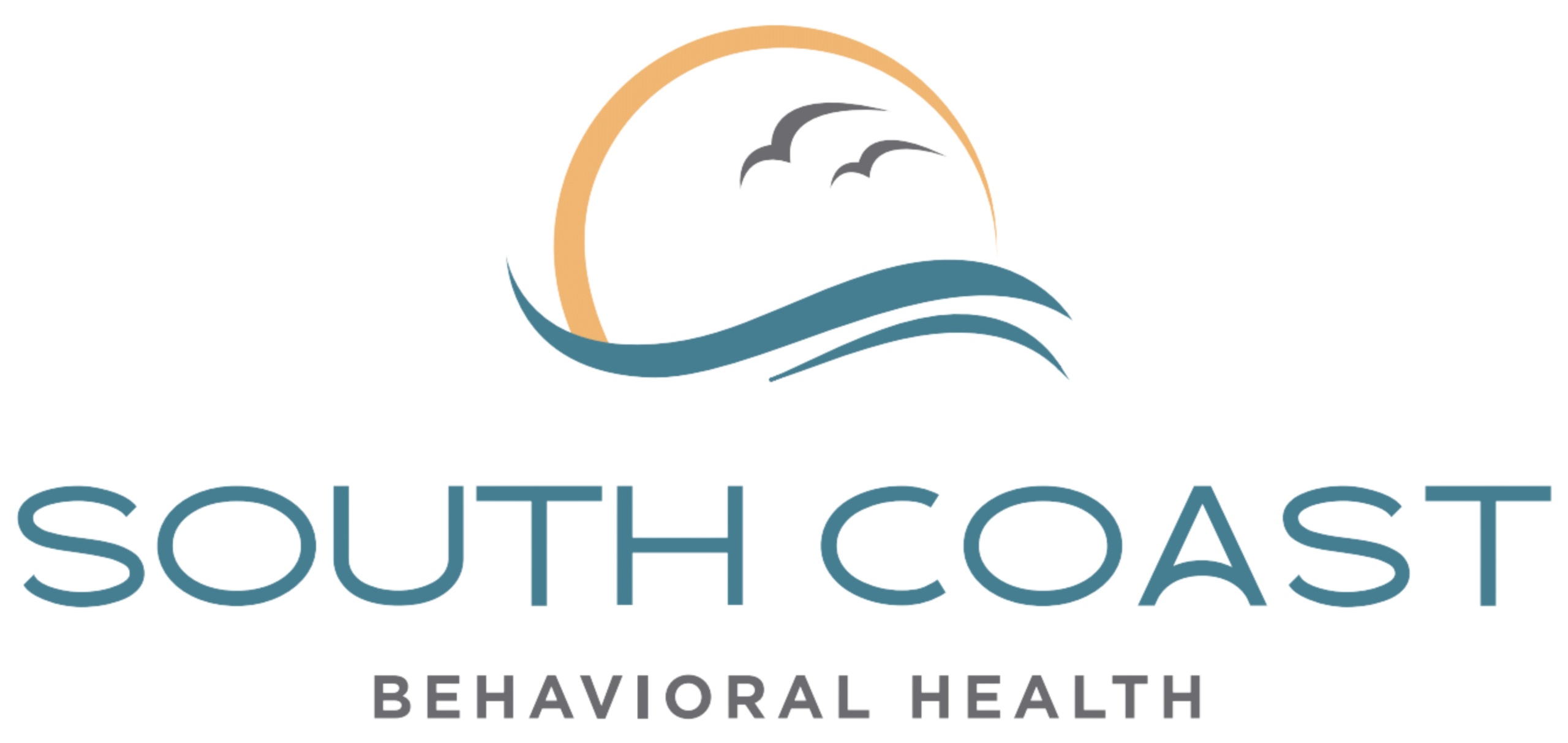A gateway drug is a substance that’s thought to be commonly used by novice users. It introduces a person to drug use and drug culture, making that person more likely to become addicted to more dangerous and harmful substances later in life.
Aside from habituating the person to drug use and drug culture, it is also thought that a gateway drug makes the user more susceptible to addiction by flooding their brain with dopamine and changing their neural pathways.
Gateway Drug Examples
The gateway drug theory has existed for decades, waxing and waning in influence depending on the state of the research at the time. Some experts have criticized it for being incomplete and simplistic while others defend it as useful and true.
As it stands, the most common substances considered to be gateway drugs include:
- Marijuana
- Alcohol
- Nicotine
The general belief is that individuals who use these drugs run the potential risk of developing more serious addictions down the road. These gateway drug examples are also the three most common substances implicated in teen drug use.
Whether someone smokes marijuana or nicotine, or drinks alcohol, the exposure to addictive substances may act as a “gateway” to more dangerous substance abuse. Many who abuse drugs may not realize the seriousness of their situation until it snowballs into a big problem. Finding help from a treatment center offering caring, compassionate, and evidence-based treatment programs is the best way to turn your life around.
In this article, we’ll cover what a gateway drug is, if there is any validity to the idea and the importance of addiction treatment.
Is Marijuana a Gateway Drug?
Marijuana is the most commonly used drug after nicotine and alcohol. It’s also the most frequently used illegal drug.
In an article for the New England Journal of Medicine back in 1975, researcher Denise Kandel proposed that marijuana was a “stepping stone” on the way to harder drugs. The theory was that teenagers first experimented with nicotine and alcohol and would then progress to marijuana. Marijuana would then, in turn, “open the door” to more serious drugs like cocaine and heroin.
According to the Substance Abuse and Mental Health Services Administration (SAMHSA), chronic marijuana usage in adolescents and preteens brings various harmful effects. Users in the short term have reported feelings of paranoia, anxiety, and low self-esteem. Over the long term, marijuana use has been associated with various negative outcomes. For example, marijuana use has been linked by SAMHSA and other credible institutions to permanent IQ loss, as well as various mental health disorders.
Epidemiological studies have yielded conflicting results on marijuana’s role as a gateway drug. Some factors include the user’s mental health, age, and the availability and level of potency of the drug.
It’s important to note that animal studies show that the neural pathways affected by THC are also affected by opioid use. In some of these studies, adolescent rats introduced to cannabis showed a greater preference for opioids than the control group. This could be evidence that marijuana is a gateway drug.
Illicit Substances Linked to Marijuana Abuse
Illicit substances linked to marijuana use include:
- Alcohol — Per the National Institute on Drug Abuse, users of marijuana are at greater risk of developing alcohol use disorder than non-users.
- Heroin — According to the Centers for Disease Control, frequent users of marijuana are three times more likely to become addicted to heroin later in life.
- Crack cocaine — Research indicates the overwhelming majority of those addicted to crack cocaine were marijuana users in the past.
If you or a loved one are struggling with substance use, you need to get help. Addiction treatment at a credible drug and alcohol abuse rehabilitation center offers the best chance at sobriety.
Is Alcohol a Gateway Drug?
Like marijuana, alcohol is a popular gateway drug. Alongside marijuana and nicotine, it’s one of the most popularly-abused substances.
The dangers of alcohol as a gateway drug are most pronounced among young teenagers and preteens. A study of US grade school students found that teen drinking was associated with a greater likelihood to engage in both licit and illicit drug use. The same study found that those who began using alcohol in 6th grade were more likely to abuse drugs than those who first tried alcohol in 9th grade.
More evidence for alcohol as a gateway drug can be seen in a study that found that teenagers around the age of 15 who used alcohol were more likely to use heroin later in life.
Illicit Substances Linked to Alcohol Abuse
Illicit substances linked to alcohol use include:
- Cocaine — An analysis of a study of 12th graders found that alcohol was tied with cannabis as a predictor of later cocaine abuse.
- Marijuana — This same study found that 12th graders who consistently used alcohol were sixteen times more likely to use marijuana.
- Nicotine — The study also found those who consistently used alcohol were thirteen times more likely to use nicotine.
If you are in California and need help getting sober, a California rehab center can help.
Is Nicotine a Gateway Drug?
Nicotine is the most common gateway drug, followed by alcohol and marijuana.
There is a strong link between illicit drug use and tobacco products, especially by young people. According to a 2014 study in the New England Journal of Medicine, 87.9% of young adult cocaine users had used nicotine in the past. By contrast, the percentage of cocaine users who had never used nicotine was only 2.9%.
Studies in mice show that the introduction of nicotine primes their neural pathways to respond more strongly to cocaine. It’s important to note that the reverse was not true, providing strong evidence that nicotine is a gateway drug.
A strong body of research suggests that these effects are most prominent in adolescence. This indicates that adolescent nicotine use makes a person particularly vulnerable to developing a substance abuse problem later in life.
Illicit Substances Linked to Nicotine Abuse
Illicit substances linked to nicotine use include:
- Marijuana — In one study by Johns Hopkins University, young people who smoked cigarettes were found to have a seven times higher likelihood of trying marijuana.
- Cocaine — Studies of mice pre-treated with nicotine show a heightened response to cocaine compared to control groups.
- Heroin — Evidence suggests nicotine primes the same receptors in the brain that respond to opioids.
If you or a loved one require substance abuse help in California, contact us today.
How Gateway Drug Use Can Lead to Addiction
As covered earlier, scientific evidence appears to show a common progression in the initial use of various drugs.
Scientists have used animal studies to try to identify the biological mechanism behind addiction. In fact, all drugs utilize the same neural pathways when used. Therefore, the use of one or more of these drugs makes the person biologically more vulnerable to a substance use disorder (SUD).
In humans, it has been shown that the younger someone is when introduced to drug and alcohol abuse, the more likely it is that person will develop a substance use disorder later in life.
Teen drinking and teen drug addictions are commonly cited in gateway drug studies as risk factors for addiction later in life. For example, the CDC has found that teen marijuana use is associated with a higher likelihood of addiction, as well as mental health issues and car accidents.
It’s for this reason that teen drug abusers require special attention. More efforts should be made to educate teenagers and preteens on the dangers of addiction. Rehab centers can help.
Do Gateway Drugs Require Addiction Treatment?
Those who use gateway drugs for extended periods of time may find themselves exposed to a range of health problems, including substance addiction. South Coast Behavioral Health is a California addiction treatment center dedicated to providing individualized substance abuse help. If you or a loved one are currently struggling with substance abuse, call us today at 866-881-1184. You can also click here to contact us. Our highly qualified rehab center staff is ready to resolve any questions or doubts you may have. We can help you get back on your feet. Call today for more information about our treatment programs.
REFERENCES:
- Prioritizing Alcohol Prevention: Establishing Alcohol as the Gateway Drug and Linking Age of First Drink With Illicit Drug Use – WOL
- Alcohol as a gateway drug: a study of US 12th graders – PubMed
- A Molecular Basis for Nicotine as a Gateway Drug – New England Journal of Medicine
- Nicotine Gateway Effects on Adolescent Substance Use – PMC
- Adolescent cannabis exposure alters opiate intake and opioid limbic neuronal populations in adult rats – PubMed
- Is marijuana a gateway drug? – NIDA
- Today’s Heroin Epidemic Infographics – CDC
- Monitoring the Future – National Survey Results on Drug Use, 1975-2009, Vol. II – NIH























